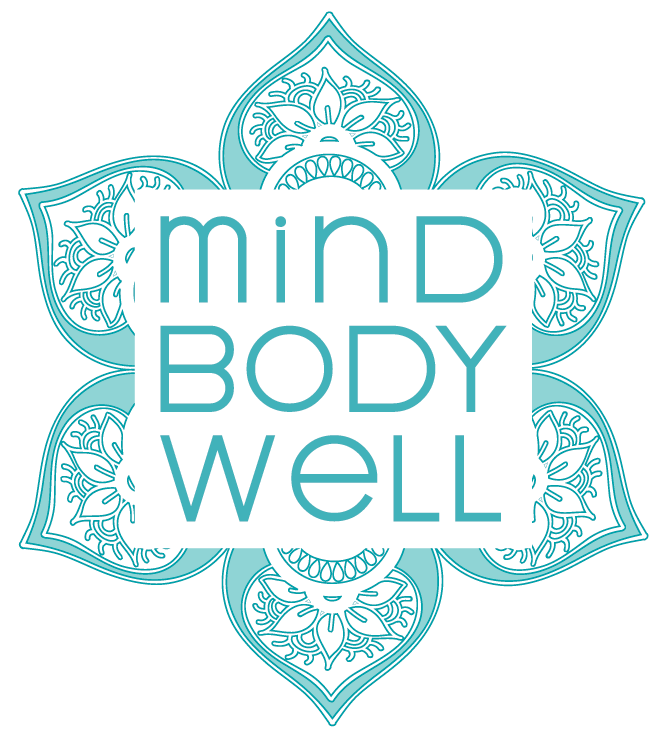Feeling dissatisfied about our bodies is unfortunately an all-too-common concern. The way we perceive and relate to our bodies can be influenced by a multitude of factors including cultural and relational influences, the communities we’re part of and messages surrounding us, and our own physical and mental health concerns.
The term ‘body image’ was first used by psychoanalyst Paul Schilder in his 1935 book ‘The Image and Appearance of the Human Body’. Schilder described body image as “the picture of our body which we form in our mind”. We use the term body image today in a very similar way – to describe the perception a person has of their own body.
But what does it mean when someone’s perception of their body doesn’t match how other people see them – beyond self-criticism, a more distorted view of their body? This might reflect body dysmorphia, which describes a significance misperception of our body image. This can be a very common cognitive symptom of an eating disorder, and it can also occur for some people who have no other eating disorder symptoms, as an stand-alone experience.
This significantly distorted body image can reflect symptoms of Body Dysmorphic Disorder (BDD), which is it’s own unique mental health condition, separate to an eating disorder. While eating disorders usually involve concerns about weight or shape, people with BDD typically focus upon specific body parts which they perceive as ‘flawed’.
Given body image issues, body dysmorphia and BDD can be common among people with eating disorders, how do we tell them apart?
Common symptoms of Body Dysmorphic Disorder include:
- Obsessive thoughts about a specific body part or feature, e.g. stomach, nose, skin, genitals
- Repetitive behaviours to try to fix, change or hide the body part, e.g. mirror checking, covering up with make up or clothing, asking for reassurance, comparing to others
- Feelings of extreme shame, embarrassment or anxiety about the body part, even if other people provide reassurance or don’t see the ‘flaw’
- Avoiding social situations or other important aspects of life due to these concerns
- Seeing yourself very differently to how others perceive you, with appearance being a major aspect of self-appraisal and self-worth
A specific subtype of BDD is muscle dysmorphia, which describes a preoccupation with muscularity and body size. Muscle dysmorphia can involve specific behaviours such as obsessive exercise, extreme dieting, preoccupation with protein intake, and substance or steroid use with the intention of increasing muscle mass.
Like eating disorders, Body Dysmorphic Disorder is a serious psychological disorder which requires focused treatment. The team of Psychologists and Dietitians at Mind Body Well are trained and experienced in assisting people with BDD.
Are you a HEALTH PROFESSIONAL working i this space? Check out our upcoming Professional Development workshop: Implementing CBT for Body Dysmorphic Disorder.
